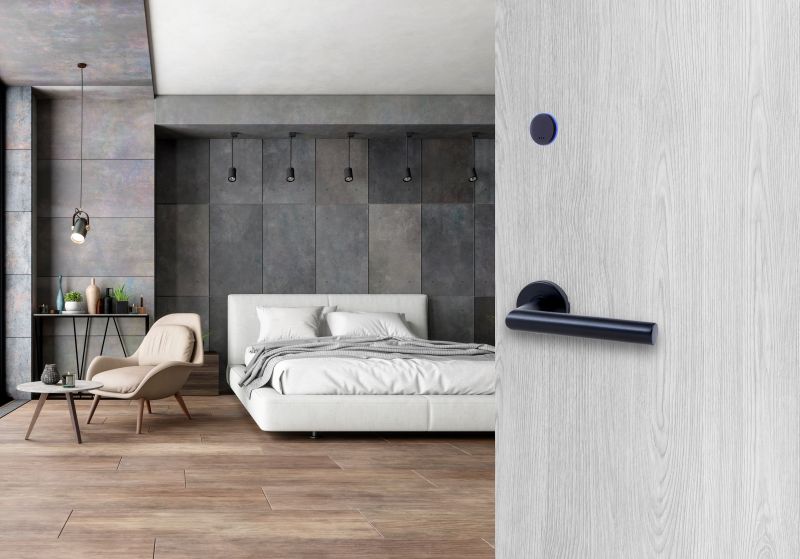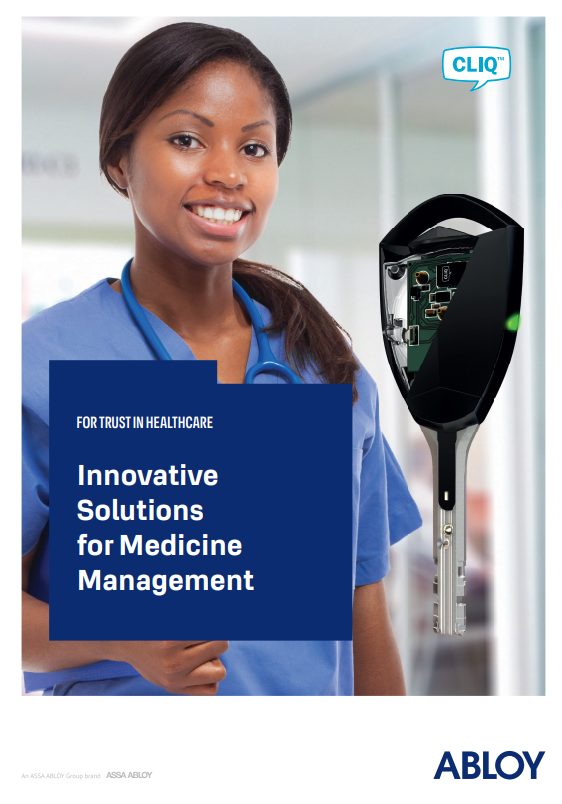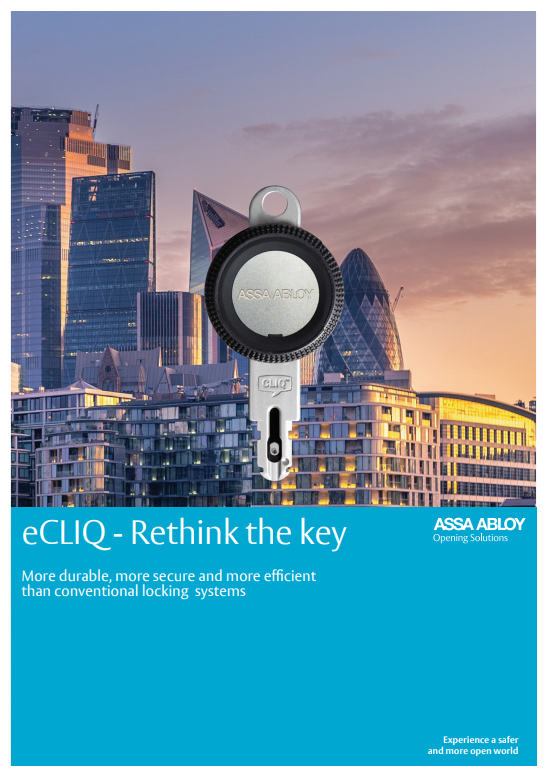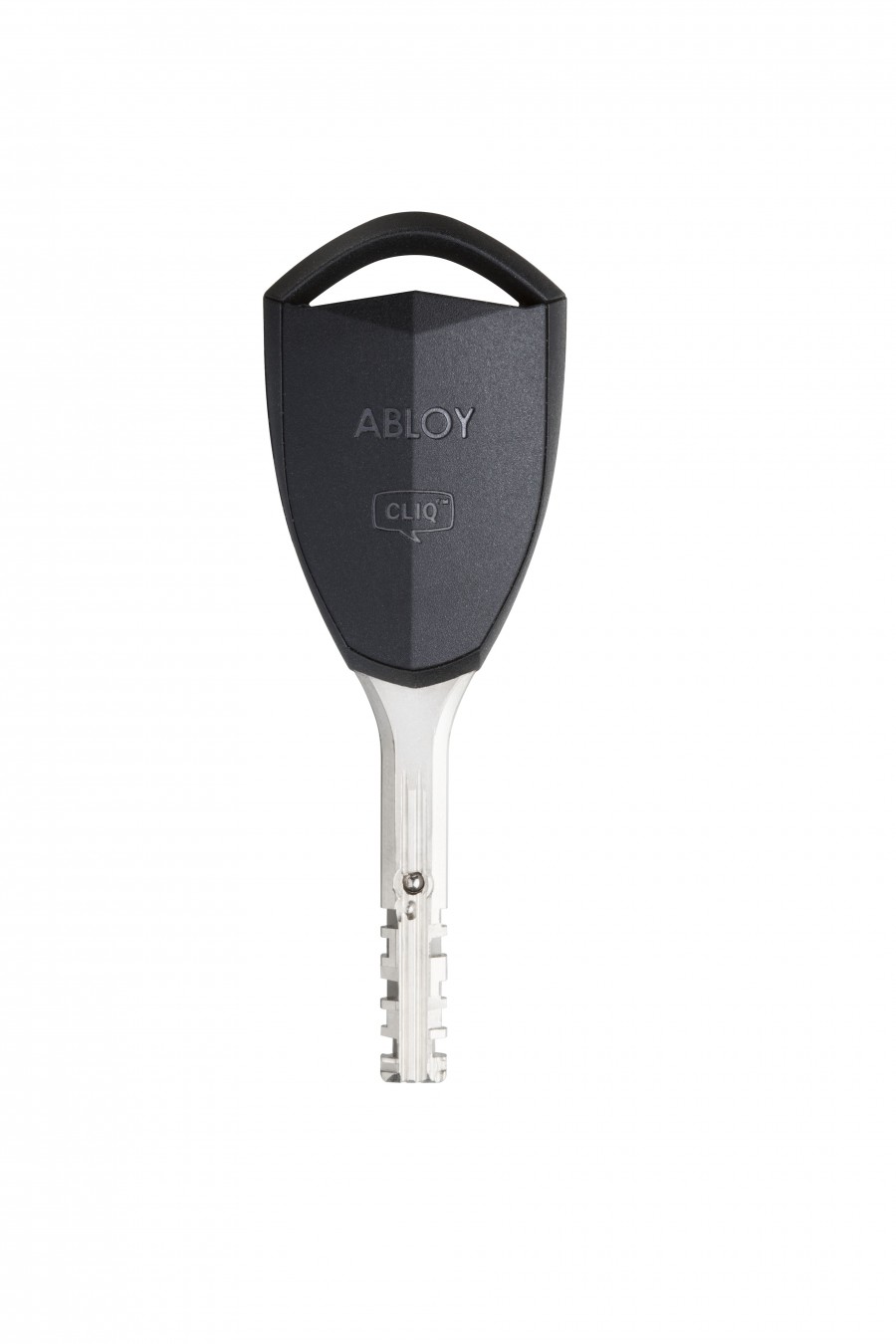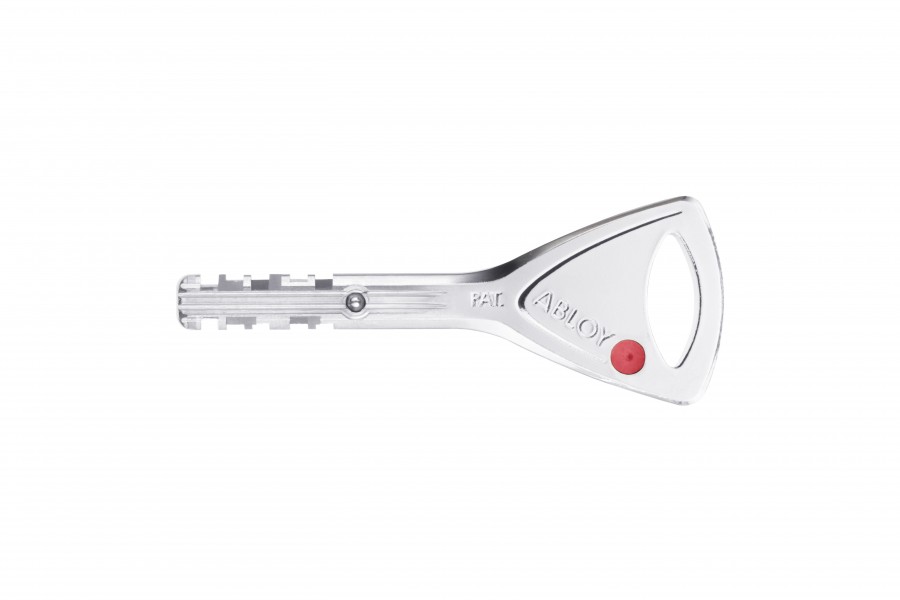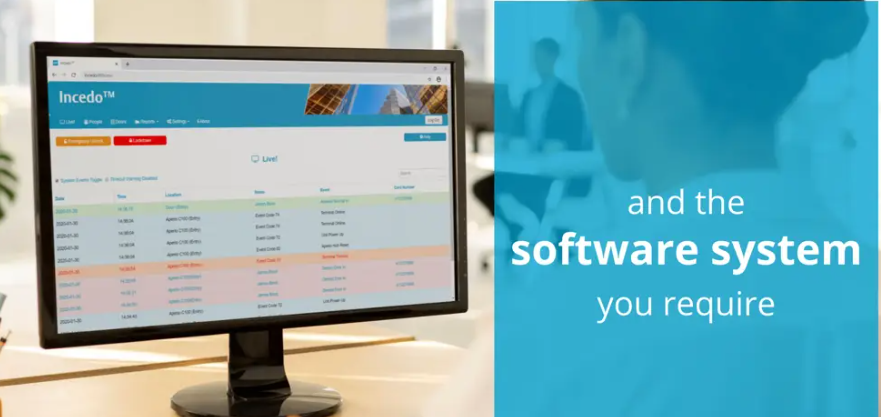Security experts Abloy UK have supplied a combination of 156 CLIQ® keys and padlocks the Port of Southampton, run by the Associated British Ports (ABP).
This system increases the traceability and helps to manage access across their large estate.
The challenge
Southampton is one of the UK’s busiest and most important ports handling in excess of 14 million tonnes of commodities a year. The port is widely recognised as the centre of the country’s cruise industry and the biggest turnaround port in Europe, welcoming over 2 million passengers a year, using five world-class cruise terminals.
It is also the number one car handling port in the UK, handling over 900,000 vehicles. This is in addition to handling fresh produce, a variety of general cargo including dry bulk cargoes, minerals such as animal feed, agribulks, sand aggregates, marble chippings, ferrous scrap and woodchip.

The scale of the site and nature of its operations means that many individuals have access to the quayside, creating challenges with both security and health and safety.
The port owner, ABP, sought out a system that could more effectively secure the berths. They required a traceable system which would provide audit trails, allowing them to authorise and identify each key holder. In addition, the system needed to be efficient, without the need to replace the entire suite if one key was stolen or lost.
The solution
ABP selected CLIQ from Abloy, comprising padlocks and electronic keys which can be programmed to give authorised people access to specific areas of the port at designated times. The project began with a trial of 20 CLIQ padlocks and now comprises 156 components and this is expanding.
The CLIQ system allows the security team to have complete control over access to the port berths. Should there be a breach to the security or health and safety protocols, such as leaving a gate open, audit trail generation will allow them to identify which keyholder is responsible.
The keys can also be reprogrammed, for instance if someone leaves the company or requires different access, so key management is much more secure and convenient. This also reduces the risk from lost or stolen keys which can simply be deleted from the system.
Furthermore, with the initial configuration in place the system is scalable, so ABP can easily expand the system by ordering new keys and locks and programming them on the management platform. In addition to the Port of Southampton, ABP has rolled out CLIQ at Hull, Immingham and other smaller ports too.

Andrew Billings, Group Head of Security at Associated British Ports, said: “The project was seamless. I had a lot of support from Abloy all the way through - there’s always someone at the end of the phone ready to help. The port now has a product that will last, has a high security specification and which gives us absolute peace of mind.”
Steve Wintle, Head of Critical Infrastructure at Abloy UK, said: “A complex site does not always require a complex solution. CLIQ’s simplicity, and the efficiency it brings to managing access is why it continues to be the locking and security system choice. I’m exceptionally pleased with the success of the project with ABP, and it’s fantastic to know that our solution is helping to bolster their robust health and safety practices.”
For further information on products and services available from Abloy UK, call 01902 364 500, email info@abloy.co.uk or visit https://bit.ly/3sR04nO











